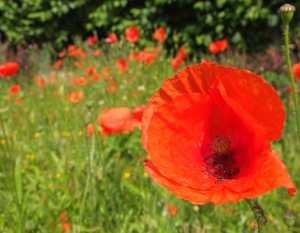 For the first time since since I joined the School not far short of a decade ago, the whole community gathered as one in the Founders’ Court just before 11:00am yesterday morning to participate in a simple but effective ceremony of remembrance.
For the first time since since I joined the School not far short of a decade ago, the whole community gathered as one in the Founders’ Court just before 11:00am yesterday morning to participate in a simple but effective ceremony of remembrance.
It is – I suppose – little surprise that this particular Armistice Day should be accorded such significance though, of course, 2014 is the centenary of the commencement of the Great War rather than of its close. That it has acquired this importance may be determined from – amongst other like signifiers – the public response to ceramic artist Paul Cummins’ installation at the Tower of London. This extraordinarily moving presentation – entitled “Blood-Swept Lands and Seas of Red” – has clearly caught the public imagination far beyond the expectation of those who commissioned the work.
That we stand in silence and remember those who gave their lives is entirely apposite. Given even that the images of modern warfare are these days beamed into our homes like some obscene computer game, we still cannot begin to imagine the true nature of the ordeal experienced by those who find themselves in the combat zone. The utter horror of warfare – the mechanisation of destruction – the unimaginable cruelty of the carnage that men are persuaded to inflict upon one another – the impossibility of ever truly ‘coming back’ from war…
Those of us fortunate enough to have avoided any need to undergo such a baptism can only marvel at the fortitude, the courage, the sacrifice of those that have done so. There but for the grace of god – go each of us…
What should not be forgotten – especially at this time of remembrance – is the part played by those powers and potentates at whose behest and command our young men head for the battlefield. We would – of course – love to imagine that the wise heads and stout hearts of our leaders direct them to strain every sinew to ensure that any such conflict be avoided if at all possible. War should only ever be a last desperate act of self-defence. It is sadly all too clear that in many conflicts this is simply not the case.
I was moved to tears by an article in Saturday’s Independent newspaper that drew attention to the scarcely believable fact that – since 1945 – there has been but a single year (1968) in which no member of the UK armed forces was killed in action. This is a truly shocking statistic!
When we as a nation ask the ultimate sacrifice of our young men – the most precious gift that is life itself – do we not bear the immense responsibility of ensuring that we do so only when there is absolutely no alternative?
The Great War – as so many others – should never have happened. Europe’s rulers and political leaders – by their mendacity, their naivety, their ignorance, their incompetence… their fragile egotism… allowed the continent to slide into a cataclysmic conflict that wiped out a generation and changed the world utterly!
This also we must remember.


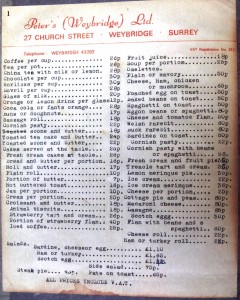
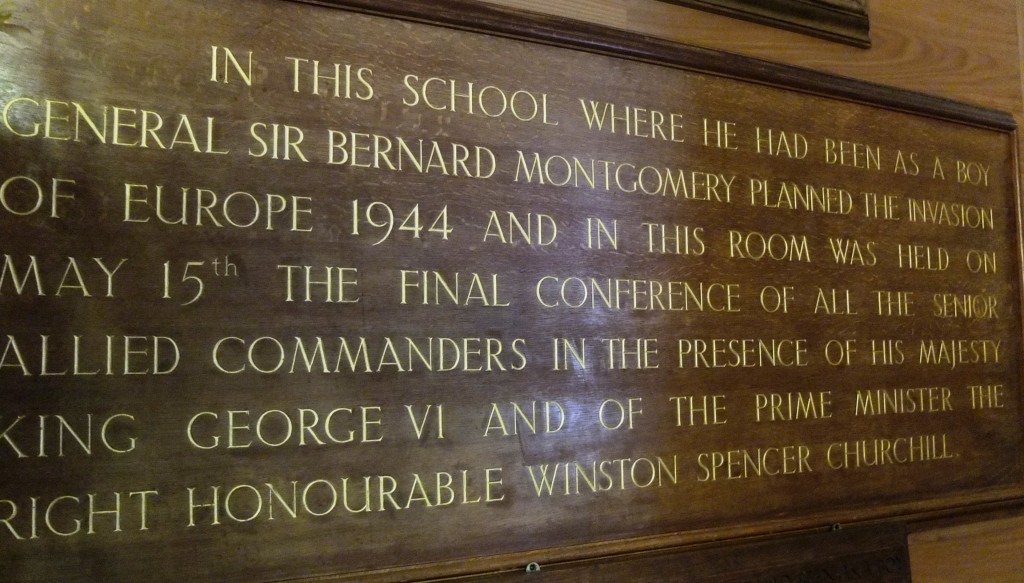
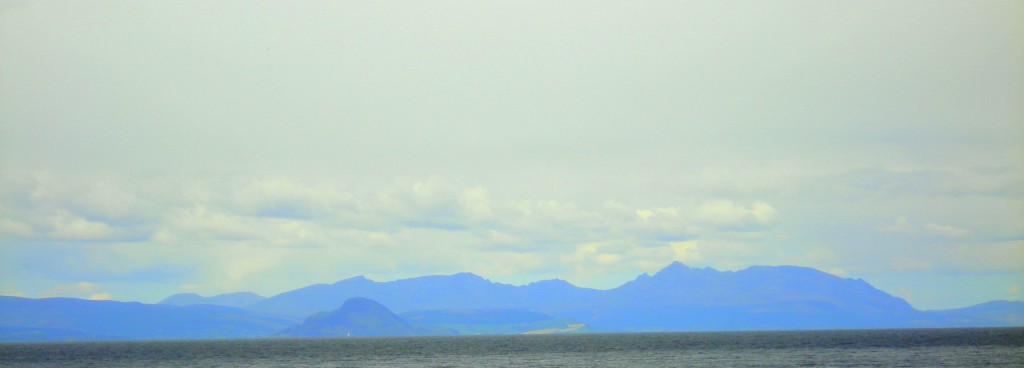
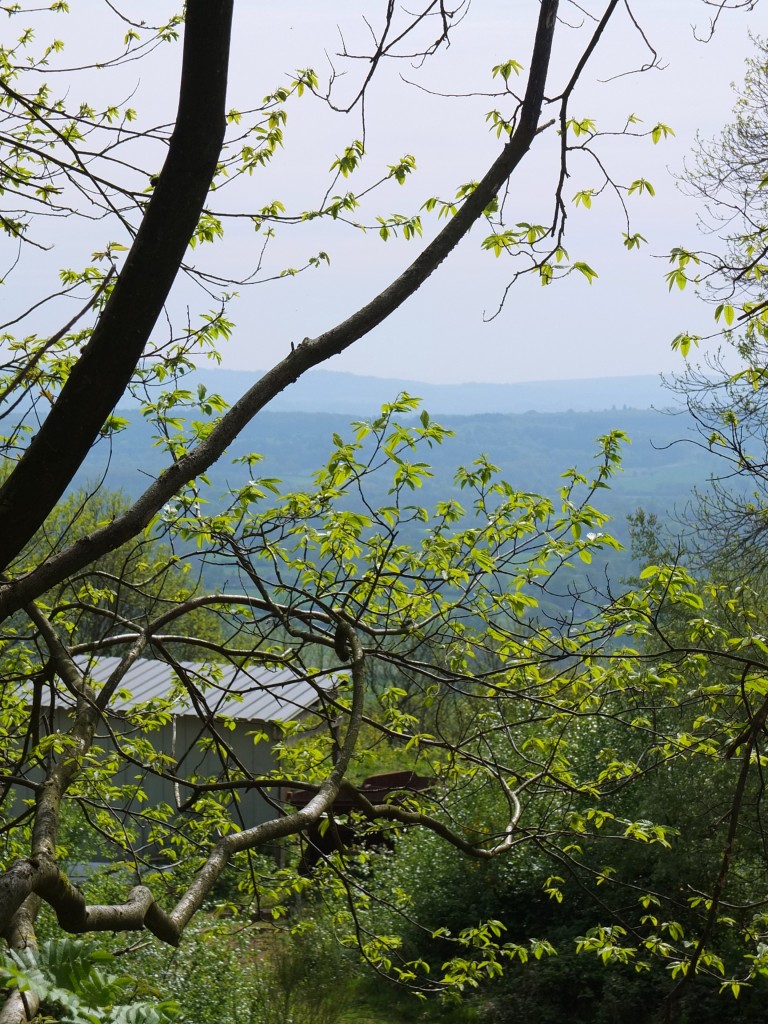

![By Andrew Gray (Own work) [CC-BY-SA-3.0 (http://creativecommons.org/licenses/by-sa/3.0)], via Wikimedia Commons Chapel,_Radley_College,_22-05-2007](https://www.theimperceptibleimmigrant.com/wp-content/uploads/2013/11/Chapel_Radley_College_22-05-2007-300x225.jpg)
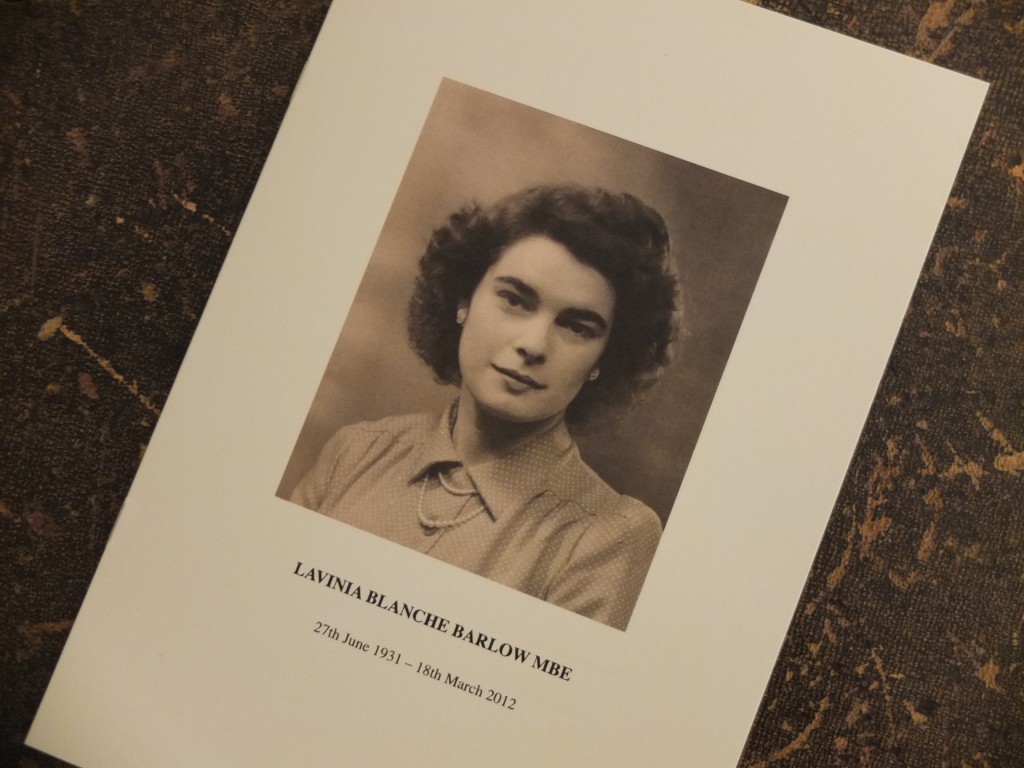
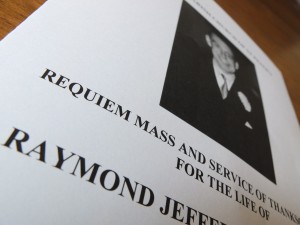



Recent Comments